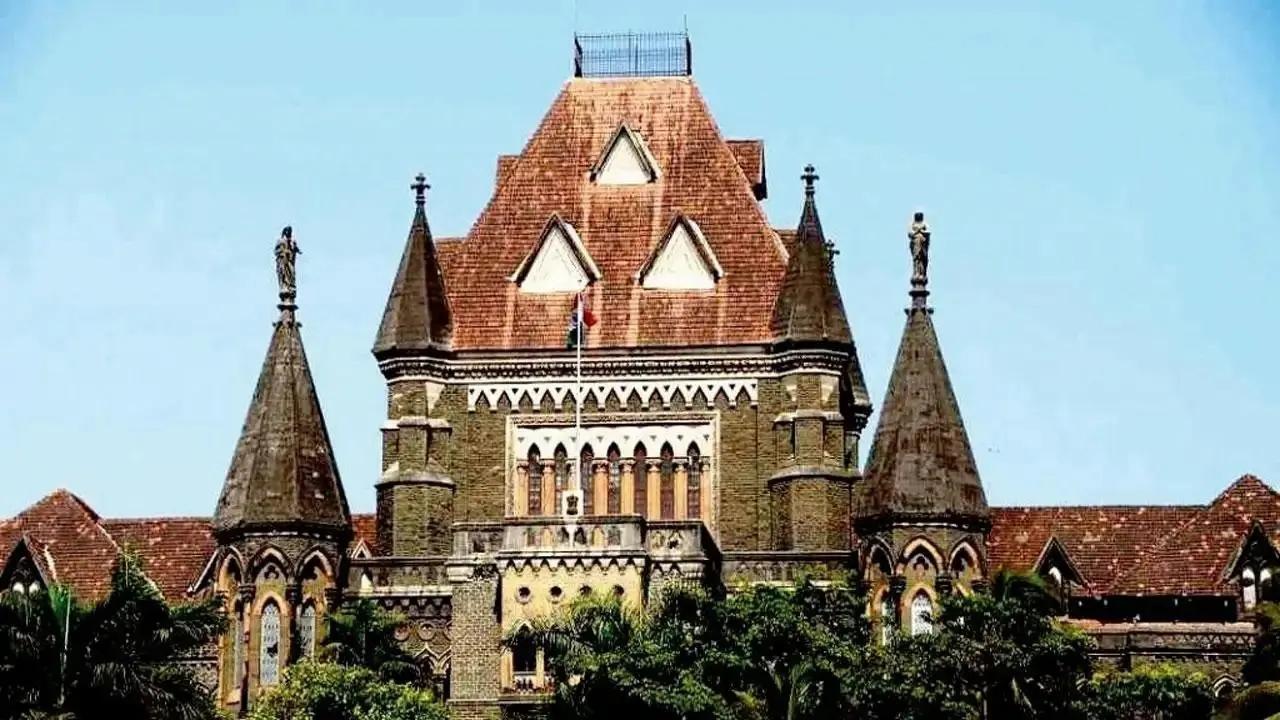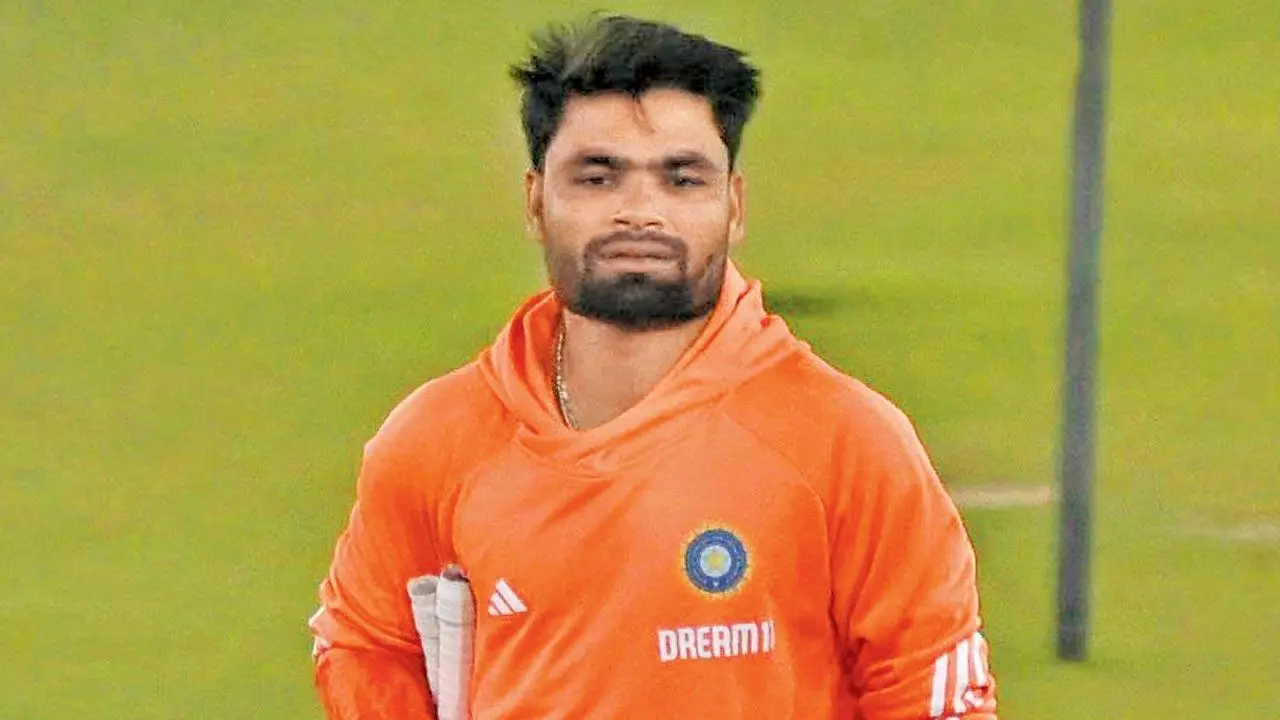The Bombay High Court has directed the Maharashtra government to implement a Rs 5 lakh compensation order against police officers from Tilak Nagar and Juhu Police Stations for failing to register an FIR and act on the grievances of two women academicians.
A division bench of Justice Suman Shyam and Justice Manjusha Deshpande passed the order while hearing a writ petition filed by one of the complainants against the State of Maharashtra and another respondent. The petitioner sought the implementation of recommendations issued by the Maharashtra State Human Rights Commission (MSHRC) on 26 April 2021, which had found gross dereliction of duty by the concerned police officers.
The Commission had directed that the two complainants—both professors associated with Mumbai University—be paid Rs 5 lakh each as compensation, to be recovered from the erring police officers through their respective Deputy Commissioners of Police (DCPs). It also recommended that departmental inquiries be initiated against the officers responsible.
Further, the MSHRC had asked the Vice-Chancellor of Mumbai University to consider suitable action against the management of the educational institute for failing to act on the women’s complaints and instructed the Mumbai Police Commissioner to circulate Supreme Court judgments—particularly in Lalita Kumari vs. Government of Uttar Pradesh—highlighting the mandatory registration of FIRs.
Background and timeline
The case dates back to 2019–2020, when the two professors lodged repeated complaints of harassment and misconduct but alleged that the local police refused to register their FIRs. Their pleas before the educational institution also went unheard. The matter was taken to the Maharashtra State Human Rights Commission, which in April 2021 ruled in their favour, holding that their rights had been violated due to “blatant dereliction of duty” by the officers.
Despite clear directions, the State did not act on the Commission’s order, prompting the complainant to move the High Court in 2022 seeking enforcement.
Observing that the State had not challenged the MSHRC’s decision, the High Court held that the only issue requiring adjudication was its implementation. The petitioner’s counsel, Advocate Aniesh S. Jadhav, submitted that the plea was now limited to enforcement of the recommendations on compensation and departmental action.
Accepting this, the Bench directed the government to comply with the MSHRC order within three months of receiving the certified copy.











